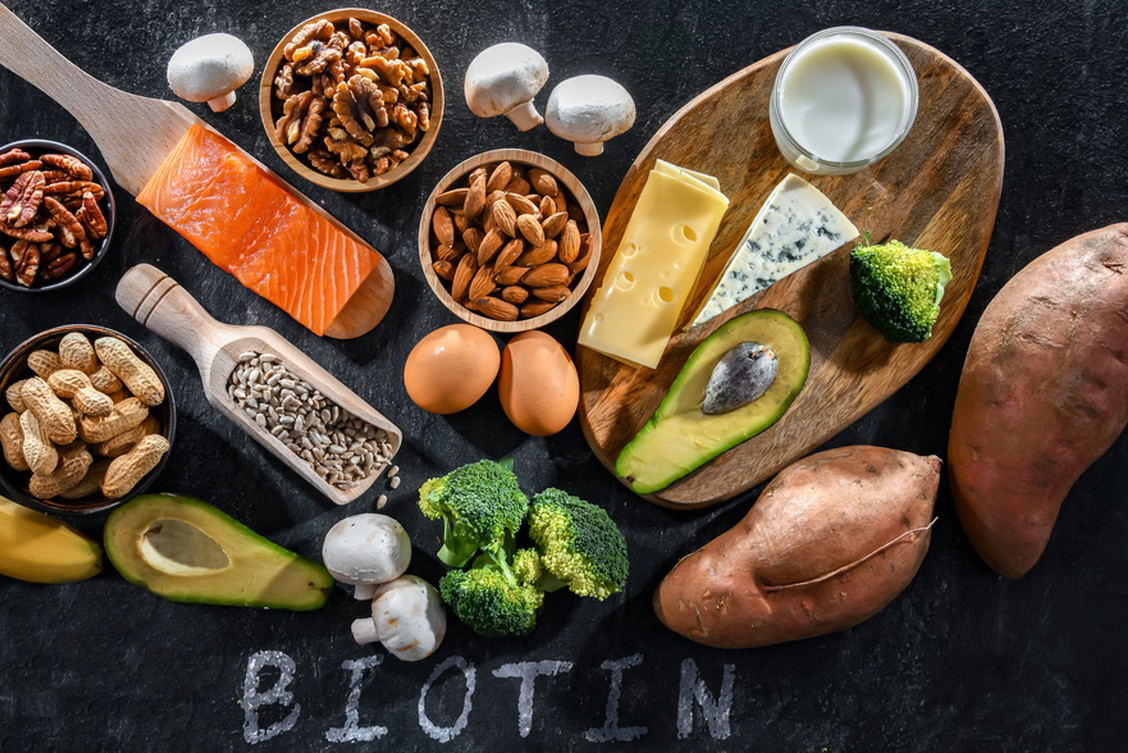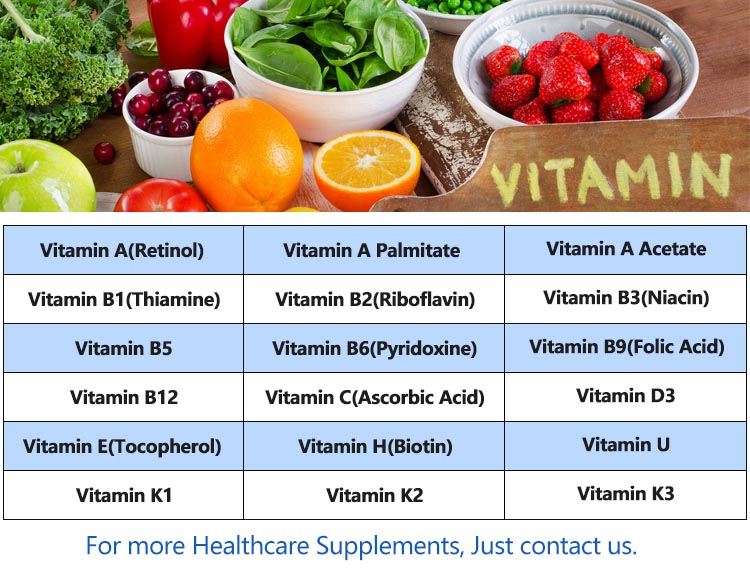Biotin, also known as Vitamin B7 or Vitamin H, is a water-soluble vitamin that is often associated with promoting healthy hair, skin, and nails. If you’re considering using biotin for its potential benefits, here are some tips for getting the best results:
Consult a Healthcare Professional: Before starting any new supplement regimen, it’s important to consult with a healthcare professional, especially if you have any underlying health conditions or are taking other medications. They can help determine if biotin supplementation is appropriate for you and recommend an appropriate dosage.

Dosage: The recommended daily intake of biotin for most adults is 30-100 micrograms (mcg). Biotin is commonly found in various foods, so many people obtain sufficient amounts through their diet. If you’re considering a higher dosage for specific purposes, consult your healthcare provider for guidance.
Dietary Sources: Biotin is naturally found in a variety of foods, including egg yolks, nuts (such as almonds and peanuts), seeds, whole grains, meat (especially organ meats like liver), fish, dairy products, and certain vegetables like sweet potatoes and spinach. Incorporating these foods into your diet can help ensure you’re getting a sufficient amount of biotin.
Supplements: Biotin supplements are available in various forms, including capsules, tablets, and gummies. When choosing a supplement, opt for a reputable brand that adheres to quality standards and has been third-party tested. Follow the recommended dosage on the supplement label or as advised by your healthcare professional.
Consistency: Like many vitamins, consistency is key. Taking biotin regularly as directed can help you see potential benefits over time.
Patience: Biotin supplementation is not a quick fix, and results may take time to become noticeable. Hair and nail growth, for example, occur slowly over several weeks to months. Be patient and realistic in your expectations.
Hydration and Overall Health: Biotin is just one element of a healthy lifestyle. Ensure you’re staying properly hydrated, eating a balanced diet, and taking care of your overall health to support the potential benefits of biotin.
Avoid Overdosing: While biotin is water-soluble and excess amounts are typically excreted in urine, taking extremely high doses without medical supervision could lead to adverse effects. Stick to recommended dosages and avoid mega-dosing.
Combination with Other Supplements or Medications: If you’re taking other supplements or medications, consult your healthcare provider to ensure there are no interactions or negative effects when combined with biotin.

Monitor and Adjust: Pay attention to how your body responds to biotin supplementation. If you experience any unusual side effects or changes, consult your healthcare professional.
Remember, individual responses to supplements can vary, and not everyone will experience the same results from biotin supplementation. It’s important to approach any supplement with a balanced perspective and prioritize overall health and well-being.
